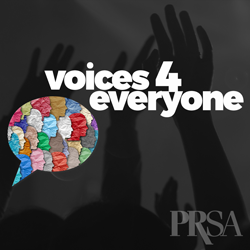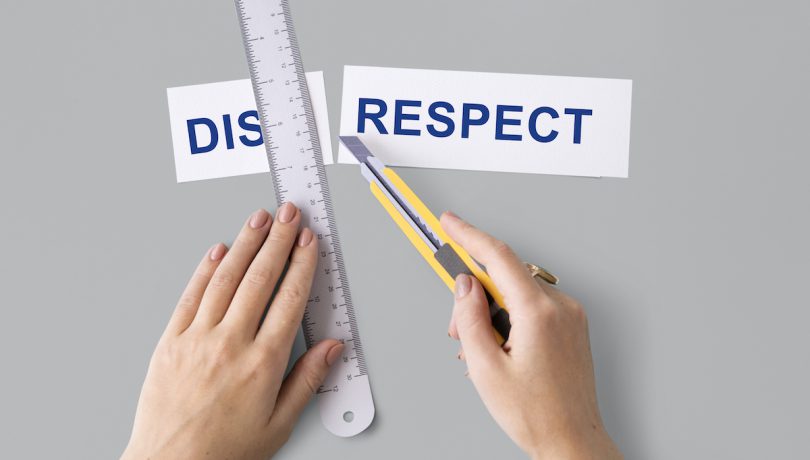More than 250 years ago, people stood on tree stumps and wooden crates to express their ideas in the streets of the 13 English colonies that would soon form the United States. Those listening could ask questions, discuss the topics with others in the crowd and develop their own opinions.
As public-square speakers were eventually replaced by newspapers, and then radio and television, a set of journalistic ethics would lay the foundation for news gathering and reporting. Standards used to verify information and establish the independence and objectivity of news professionals became central to the process of informing the American public.
Then came the internet and citizen journalism. Without any significant economic barriers to entry, ordinary people began going online to express their own takes on the news. Yet, amateur writers are often unaware, uninterested in or even opposed to the journalistic standards of checking facts and verifying data and sources. Combine this trend with the increasing competition to break news first, and facts are often forced out of communications.

In today’s media environment, as facts seemingly become less important than beliefs, how do we rescue a democracy built in part upon honest, verified information?
PRSA members are obligated to follow its Code of Ethics, which includes honesty, accuracy and truth, and the free flow of information that helps people make informed decisions. In my view, professional communicators also have a moral obligation to follow these three, fundamental tenets:
Set the example.
One can’t begin to count the number of times that educated, capable communicators are seen sharing stories on social media that don’t pass the fact-check test. Communications professionals must first root out misinformation and disinformation in what we share on our screens, in our conversations and, most important, in our actions. We must place verified facts and civility at the heart of the messages we deliver.
Guide and coach others.
Today’s overcharged, divided political climate must be replaced by a return to civil conversations. We might disagree about a given topic or situation but, to constructively advance democracy, we need facts and the ability to discuss issues openly and respectfully, over an extended period of time if necessary.
Take a stance for truth.
The rapid rise of misinformation and disinformation demands that communications professionals go beyond offering counsel and take a strong, consistent stance against the untruthful messages that some members of the public call “spin.” When audiences question a message’s validity, it increases the likelihood that all messages will be questioned. PRSA’s new initiative, Voices4Everyone, aims to spotlight this issue and recommends approaches to combating disingenuous communications.
It will take a significant effort to reduce the misinformation and disinformation that intentionally or otherwise is destabilizing American society. Doing so will help deliver American’s constitutional promise of a more perfect union.
Blake D. Lewis III, APR, Fellow PRSA, is a member of the PRSA Advocacy Committee. Based in Dallas, he is a former member of the PRSA Board of Directors. This post was developed for the Voices4Everyone initiative.
[Photo credit: raw pixel]







This was an insightful and informative blog post on how past, current and future PR practitioners have the moral obligation to ensure the information we’re disseminating is truthful and factual. In a time where the political climate and conversation surrounding it are oftentimes fueled by feelings and beliefs, it’s our job as PR practitioners to set the example and help guide others towards civil discourse. As I transition from PR student to PR practitioners, I’ll definitely keep this advice in mind. — Bella Valentini, writer/editor for Platform Magazine
I agree with this article. I learned about the consequences of misinformation in my journalism 202 class. With the rise of the Internet, it is very hard for many different facts to get out to people. Especially with social media becoming very popular, many children and teenagers are subject to believing facts that aren’t true. When seeing graphics or well designed images, some people will automatically take them as fact. This can be dangerous as people with a certain agenda can influence many people. When fake facts are believed, it can drastically change many things in society. It is important to only get your news from reliable sources and not random users on social media. Having truthful information is a large part of our democracy, and fake and truthful facts greatly threaten that.
Your blog makes many, while disappointing, true facts. The world we live in is truly one of misinformation and lies, which makes it all the more difficult for PR professionals to do their jobs. I do agree, though, that we can be better than this. If people stay true to the code of ethics, things will run a lot more smoothly. Additionally, we need to not be afraid to tell the truth, even if it is not what we think people want to hear. Finally, if we help each other with being honest, rather than encouraging misinformation based on beliefs, we have the chance to change the way the world works now. We can finally say “goodbye” to lies, and “hello again” to truth.
EMILY BUNNING
Western Kentucky University